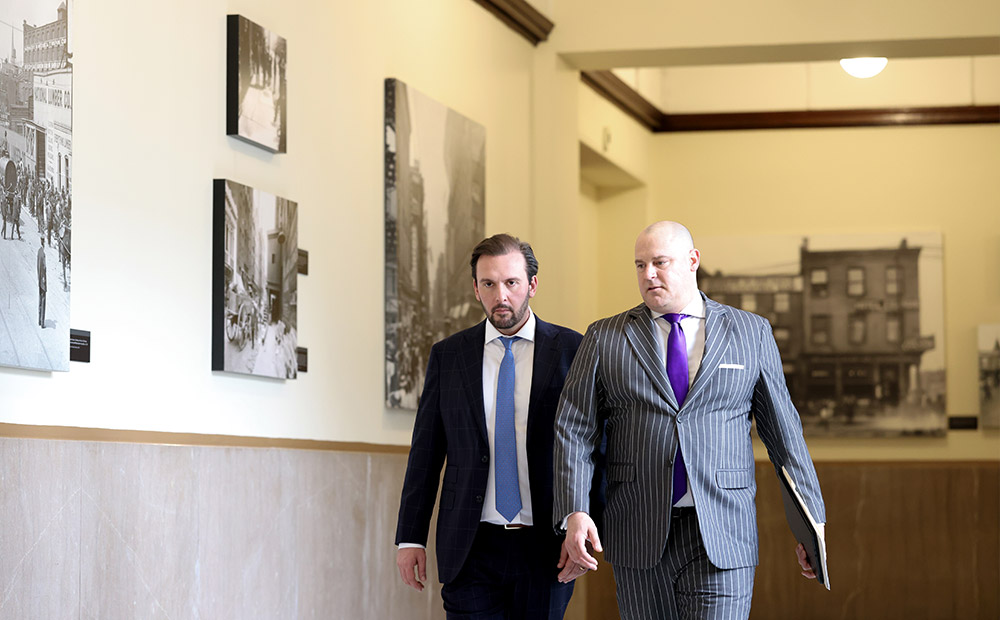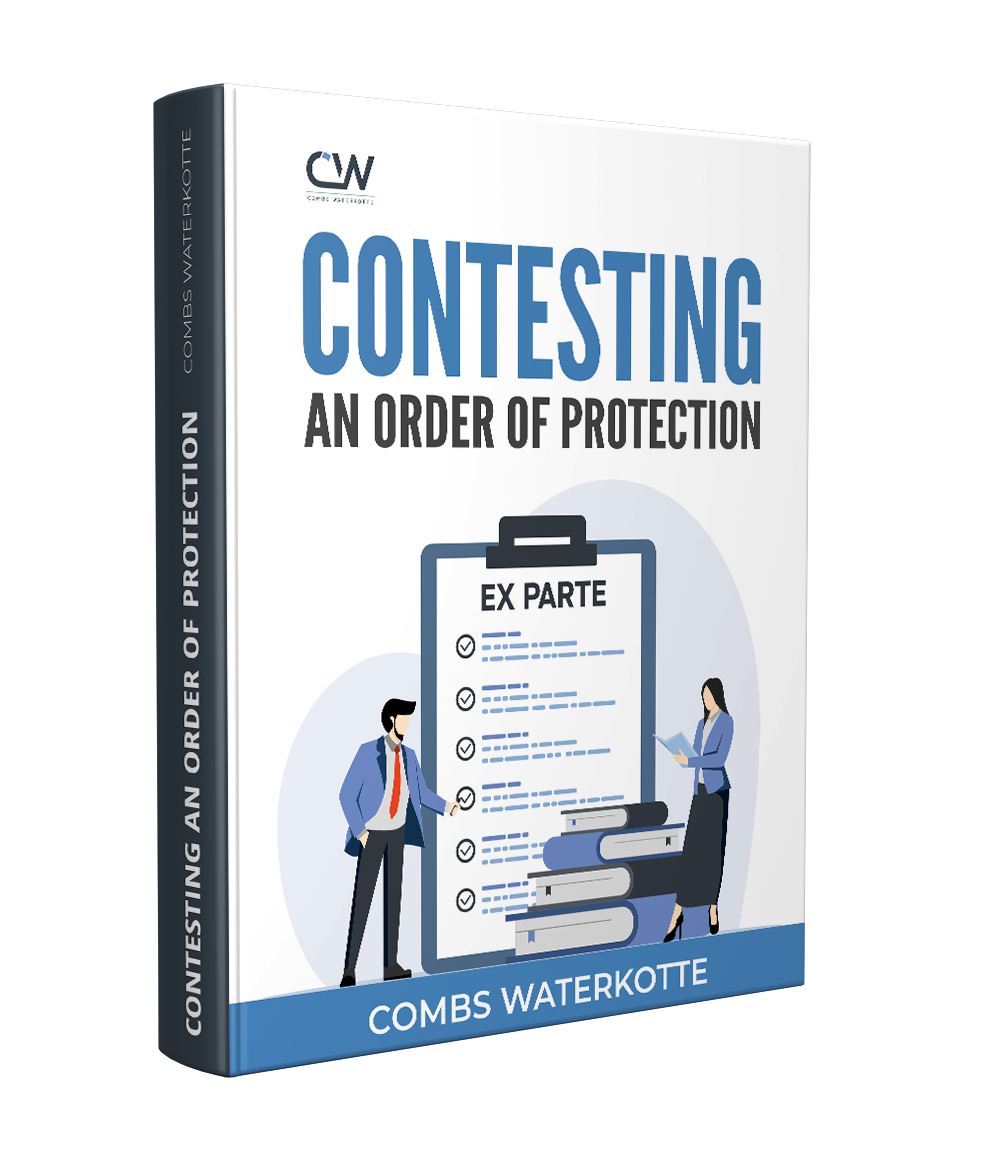
The Crime of Embezzlement
American law has always protected property from theft and larceny. This offense occurs when someone takes property without the owner’s permission with the intent to deprive the owner of its use or benefit.
However, some theft cases presented a conceptual difficulty: What happens when someone misappropriates property that was lawfully entrusted to them?
Typically, larceny involves deception, fraud, or violence to acquire the property. In the aforementioned example, the party took possession of the property lawfully and didn’t employ any of these tactics to obtain it.
One view was that this is simply a civil case where the property owner could sue the person who misappropriated it. Another was that the misappropriation constitutes theft, and prosecutors could pursue criminal charges.
The second view prevailed in most states, as well as the federal government. These jurisdictions have laws against embezzlement, where a person who misappropriates the property entrusted to them faces punishment even if they lawfully possessed it.
Federal Embezzlement Statutes
The U.S. Code includes several provisions outlawing embezzlement. These laws generally fall into the following three categories:
Embezzlement From the Government
The primary statute used for embezzlement prosecutions involving the federal government is 18 U.S.C. § 641. This statute prohibits anyone from embezzling or converting to their use any U.S. government property. It also forbids anyone from selling or conveying U.S. government property without proper authority.
Additionally, the U.S. Code bars federal employees from keeping government property instead of handing it over to the government.
For example, a court clerk can face prosecution for pocketing a portion of the fees they collect. Similarly, a bank officer may be prosecuted for misapplying government bank deposits to unauthorized accounts or for unauthorized purposes.
Embezzlement Using a Government Position
Several statutes prohibit federal employees from abusing their position to embezzle from the public.
For instance, a government employee cannot falsely certify that they paid an outside party while pocketing part or all of the payment. They also cannot ask a recipient of federal funds for a receipt with a false number, allowing the officer to withhold part of the payment.
Finally, a catch-all offense prohibits federal workers from misusing funds that they were supposed to disburse. Another offense broadly criminalizes federal officers using their government position to embezzle money or property from others.
For example, a federal bankruptcy trustee must safeguard a bankruptcy petitioner’s property and can face charges if they transfer it to themselves or others without approval.
Embezzlement From an Industry Protected by Federal Law
The federal government takes a special interest in the banking and shipping industries. Several statutes outlaw embezzlement in these sectors, including the following:
- Bank examiners cannot embezzle from the banks they regulate
- Bank officers and employees cannot embezzle from their banks
- Officers and workers cannot embezzle from lending, credit, or insurance institutions
- No one can embezzle cargo or baggage transported by an interstate or international carrier
- Managers and employees cannot embezzle money from an interstate or international carrier
These laws apply regardless of the victim’s identity, meaning they prohibit embezzlement involving individuals and property unassociated with the federal government.
Defenses Against Federal Embezzlement Charges in Missouri
Before getting into the possible criminal defense strategies you can raise to an accusation of embezzlement, it’s important to address one argument that isn’t permitted. Under federal law, restitution is not a valid defense.
In other words, you can’t assert that you shouldn’t be charged because you replaced the property. Prosecutors only need to prove that you intended to misappropriate the property, not that you intended to misappropriate it permanently.
That being said, you have other options for defending yourself. Your criminal defense attorney may assert any of the following defenses:
Lack of Intent
Prosecutors must prove that you intended to take the property. If you didn’t intend to deprive the owner of its possession or use, you lacked the intent necessary for a conviction. For example, you might raise this defense if the suspicious transaction resulted from a mistake or software glitch.
Illegal Search
Many embezzlement cases involve a forensic accounting analysis. While government agents have the authority to review their records for irregularities, they cannot search your phone or bank records unless they do one of the following:
- Obtain a search warrant
- Get your permission to search
- Prove that the search falls into an exception to the Fourth Amendment
If federal investigators failed to meet any of these requirements, a judge must throw out the evidence recovered in the course of the illegal search.
Mistaken Identity
In rare instances, a forensic analysis may wrongly point to you. If you have an alibi for the alleged act, your criminal defense attorney may be able to redirect the investigation to the right party.
Possible Punishments for Federal Embezzlement in Missouri
The penalties for embezzlement vary depending on the nature of the offense and the value of the property or money taken.
Generally, embezzlement of less than $1,000 is punished as a misdemeanor, with imprisonment of up to one year and a fine of up to $1,000. However, once the value crosses the $1,000 threshold, you could face felony charges and a lengthy prison sentence.
Some possible punishments for federal embezzlement include the following:
| Charge | Penalty |
|---|---|
| Embezzling from a bank by an officer or employee Embezzling from a lending, credit, or insurance institution by an officer or employee |
Up to 30 years in prison plus a fine of up to $1,000,000 |
| Embezzling from the U.S. government, government agencies and departments, or government contractors Embezzling cargo, baggage, or money transported by an interstate or international carrier Embezzling money from an interstate or international carrier Embezzling money from a program that receives federal funds by a federal, state, or trial employee Embezzling from a healthcare benefit program |
Up to 10 years in prison plus a fine of up to $10,000 |
| Embezzling from the U.S. government by a federal employee Misappropriating U.S. government money by a bank Misappropriating property by a U.S. court employee Misusing or failing to deposit U.S. government funds Failing to safeguard U.S. deposits Misusing U.S. government funds Using U.S. government employment to take someone’s property |
Up to 10 years in prison plus a fine of up to the amount embezzled |
| Theft by a bank examiner from a federally insured bank | Up to five years in prison plus disqualification from working as a bank examiner |
| Soliciting a gift or donation to the U.S. and converting it to the solicitor’s personal use Embezzling from an employee benefit plan Embezzling from a U.S. government-funded employment or training fund |
Up to five years in prison |
| Falsifying a receipt when disbursing U.S. government funds Requesting a false receipt from someone receiving U.S. government funds |
Up to two years in prison plus a fine of up to double the amount withheld |
| Embezzling less than $1,000 | Up to one year in prison plus a fine of up to $1,000 |































